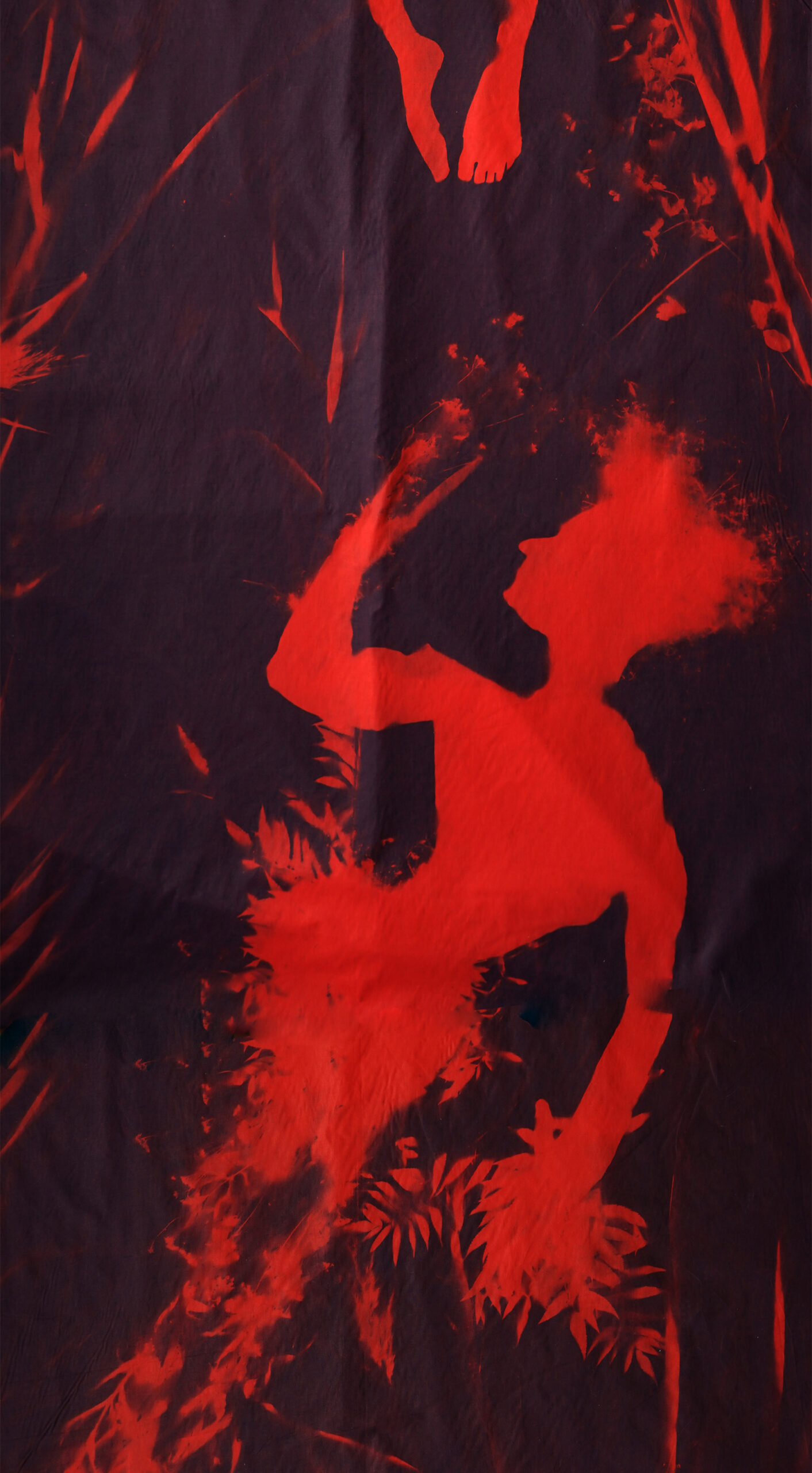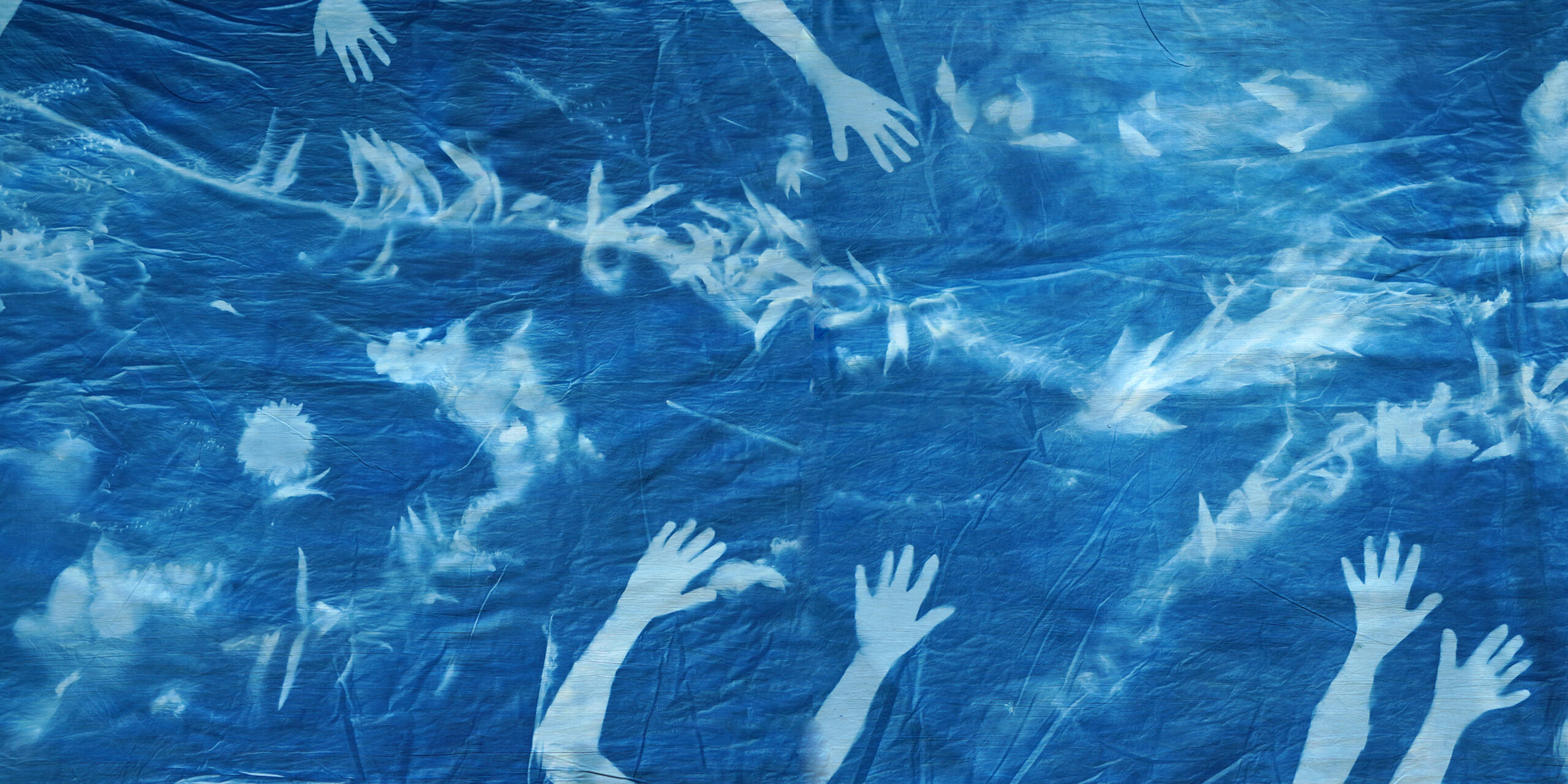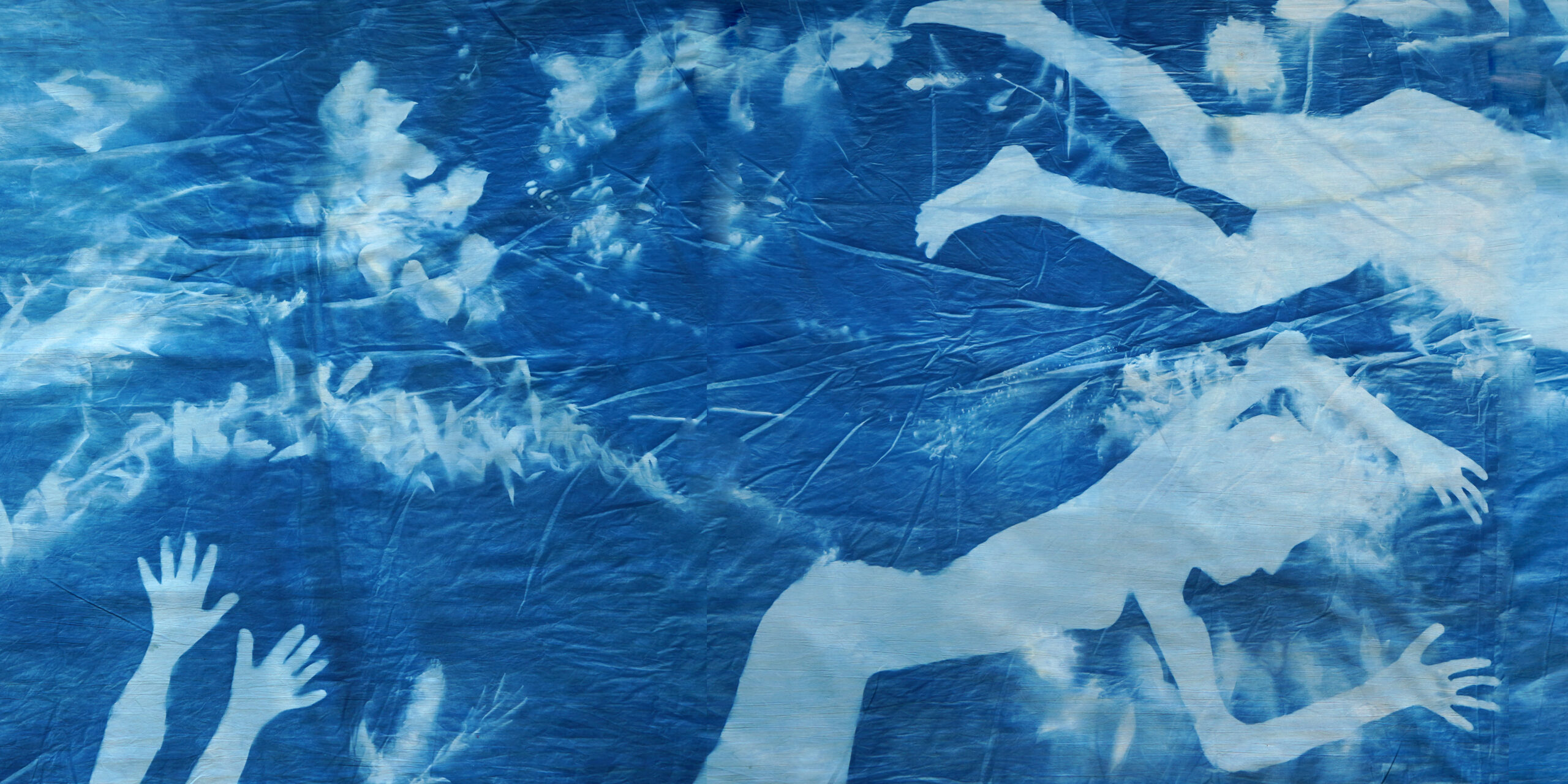24.05.2022

anastasia
her parents are 75 and 82
were moved from mariupol
she was meeting them in narva
she happened to be in paris with her family
they went there on holiday
and stayed there
her parents wanted to go back to ukraine
and her children studied under the french system
so in france they were placed in a public school
the parents were coming
from mariupol
they will be sent to wherever the train goes
taganrog
otradniy near samara
in samara they asked a camp manager
to get them a ticket to petersburg
he did
everyone wants to get to
the filtration camp where he works
he is humane
two nights in a train
petersburg
an acquaintance drove them to ivangorod
narva-tallinn
tallinn-warsaw by plane
warsaw-budapest by plane
crossing the border by car in beregovo
then to kyiv
more than 6000 km
from ukraine to ukraine
11.07.2022
you need a human being
especially during the war time
not somewhere faraway and all-understanding
but near by
close by
skin to skin
so that no words are necessary
so she could decide for both of us
about holidays
about rest
where to how and when
some impossible decisions
for me now
so she could hug me
when we both need it
even after the war
really need
for the war to stop
and a human being
needs another human being

16.09.2022
just yesterday
i sent a message
to a family from izyum
that now lives in estonia
congratulating them
with the liberation of their town
but today
i have heard the news
about more than 400 bodies found there…
my greetings now
sound like a curse
and facebook continues
to edit my text
by highlighting the word ‘greetings’
so you see the balloons flying while reading it

22.09.2022
yesterday in the euronews
one man at the protest in belgium said
it is all because of the war
the prices for gas and energy raised
he refuses to accept it as his issue also
i am angry
yesterday i saw
brave women
brave people
in iran
fighting for their rights
to be as they want to be
hundreds got arrested
i am crying
today i am writing to my nephew
in petersburg
that he heeds to hide
to wait out
to go out
otherwise he won't escape
the mobilisation
it’s not even clear
if bribes will help
if there will be a chance
to offer them
the law doesn’t work there anymore
i am worrying
azov soldiers were freed
but not all of them
but these ones are alive
a friend is going back
to ukraine
she cannot bear anymore
to live away from her home
she’d rather be in her native land
even if it’s not safe
i am anxious
i am making art
and it loses its meaning
right away
it doesn’t even help me
losing any sense
of why art is needed
if i cannot fully express with it
what i feel
all i want is to scream
i got a call from a dentist
tomorrow finally i get my tooth fixed
maybe the pain will subside then
22.09.2022
the world is going more and more mad
it’s late to say goodbye to the old one
too late for sure
